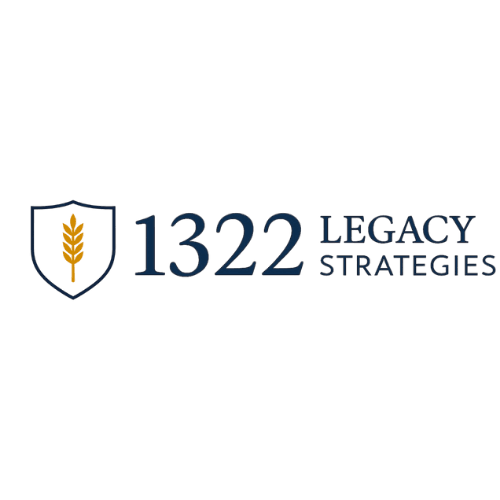Robinson Crusoe and the Lesson of False Signals
Picture Robinson Crusoe on his island. Survival depends on his choices: how much time to fish, how much energy to build shelter, and when to rest. Every decision is a trade-off between consumption now and investment for tomorrow.
One day, Crusoe’s companion, Friday, tells him there’s a huge grove of coconuts on the far side of the island. Excited, Crusoe reorganizes his life: he pauses fishing, builds carts to carry coconuts, crafts poles to knock them down, and even constructs a storage shed.
Days later, when Crusoe finally arrives… there are no coconuts. Or maybe just a few. His investment of time, labor, and resources is wasted — because it was built on a false signal.
This is more than a parable. It’s a picture of our modern economy.
Austrian Business Cycle Theory in Plain Language
In economics, the Austrian Business Cycle Theory (ABCT) explains how false signals lead to wasted capital. Here’s the principle:
- In a healthy economy, interest rates reflect real savings. If people save more, rates fall naturally. If people consume more, rates rise.
- But when central banks artificially lower interest rates, they send a false signal. It tells businesses and investors: “people are saving more than they are spending, so there are resources available for long-term projects.”
- In reality, the “lumber stockpile” isn’t there. The savings haven’t materialized.
The result? Entrepreneurs invest in projects that can’t be sustained. Resources run out. Workers are laid off. Businesses fail. The boom turns into a bust.
The cycle wasn’t caused by too much growth — but by the illusion of growth. Just like Crusoe’s wasted carts and storage shed, our economy wastes real resources chasing after mirages.
Inflation and the Power of Repayment
Another layer to this problem is inflation. When governments and central banks expand money and credit, the value of each dollar erodes.
Here’s where it gets practical: when you borrow dollars today and repay them in the future, those repayments are made in dollars that are worth less. That’s why lenders demand interest—to compensate for the fact that tomorrow’s dollars will buy less than today’s.
That’s time preference and inflation at work. Just as Crusoe’s effort was diminished by Friday’s false signal, modern families’ purchasing power is diminished by monetary policy.
The Steward’s Alternative: Building Real Capital
If the system is built on false signals, how should wise stewards respond?
The answer is to step out of dependence on Wall Street and central banks — and build your own supply of “lumber and coconuts.”
One of the most effective ways to do this is through dividend-paying whole life insurance with a mutual company. Here’s why:
- It is a warehouse of capital that you own and control.
- Growth is contractual and guaranteed, not speculative.
- You can borrow against it and repay with future dollars that are worth less — turning inflation into an advantage.
- It remains liquid and accessible, unlike business equity or retirement accounts locked behind penalties.
- It is private and enduring, designed for generational planning.
But Isn’t Whole Life Still in Dollars?
This is the most common objection. And it’s fair: “If whole life policies are denominated in dollars, aren’t they exposed to the same weakness?”
Here’s the key distinction:
- Speculative assets depend on the dollar’s performance in markets. They rise and fall with inflation, interest rates, and central bank policy.
- Whole life capital is different. It is not dependent — it is monetary capital, privately stewarded. It is designed to withstand storms, not chase returns.
Ryan Griggs, an Austrian economist and Infinite Banking strategist, explains it this way: the real danger isn’t the dollar itself, but dependence on a system you don’t control. A steward’s task is to own the banking function, not outsource it.
Building Your Own Island
Crusoe’s tragedy wasn’t that he worked hard. It was that he trusted a signal that wasn’t true.
Today’s headlines — rate cuts, inflation promises, central bank maneuvers — are the modern version of Friday’s false promise. If you follow them, you may build carts, poles, and storehouses for coconuts that don’t exist.
But you don’t have to play that game. “A good man leaves an inheritance to his children’s children” (Proverbs 13:22) reminds us why stewardship matters.
You can:
- Capitalize wisely. Build reserves in assets you control.
- Steward faithfully. Grow what you’ve been entrusted with.
- Plan generationally. Think like Crusoe — but for your children’s children.
The harvest of tomorrow is sown in the faithful stewardship of today.
The world will always send false signals. But you don’t have to follow them. Start building your own storehouse of capital today — one that you own, control, and can pass to the next generation.
Control your capital. Build your legacy.


